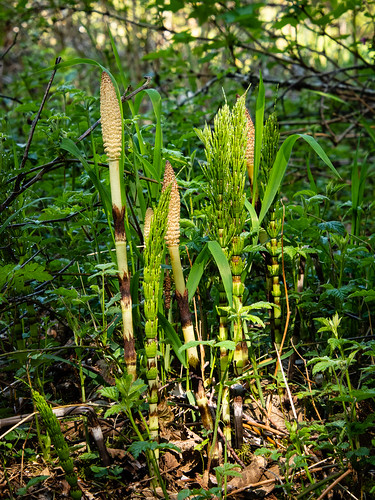City of Moose Jaw residents can dispose of household hazardous waste from 9 am-3 pm, Aug. 28.
SOS Trees is holding its annual general meeting at 7 pm, Aug. 30, outdoors in Saskatoon.
Looking Ahead
Register to help the Nature Conservancy of Canada remove old fencing, a barrier and hazard for wildlife, from their Asquith property from 9:30 am-3:30 pm, Sept. 11.
SaskOutdoors is offering a canoe certification course in Regina on Sept. 18-19.
Full event details are available on the EcoFriendly Sask Calendar
Wetlands
This could be the worst drought year ever in Saskatchewan, and wetland drainage has exacerbated the situation. “We have tax incentives for farmers to get as much land into production as possible, we need to put incentives in there to make it worthwhile financially for farmers to retain those wetlands,” says John Pomeroy, U of S hydrologist. [CKOM]
One of our readers thought she had observed a decline in the number of Franklin’s Gulls. We did a little research and she’s quite correct. Franklin’s Gulls have declined by 95% in the United States between 1968 and 2015. A major factor has been the loss of wetlands where the gulls nest. [All About Birds]
Climate Action
Whether they are Canadian or US politicians, playing nice with the fossil fuel industry is climate denial. “It’s not that politicians in powerful countries have done nothing in the past two decades. The problem, rather, is that where they’ve done anything at all, it has tended to be the wrong thing, emphasizing subtle market tweaks and shiny new technologies instead of the core work of decarbonization: getting off fossil fuels as quickly as possible.” [The New Republic]
The Canadian Standards Association (CSA) Sustainable Forest Management Standard “leaves it up to the logging companies to self-identify that their activities are sustainable. The result is akin to having the fox guard the henhouse”. [Ecojustice]
How to Think About the Climate Crisis by Graham Parkes looks at how the way we think can either choke off climate solutions or lead us out of philosophical dead ends. There is a focus on Chinese ways of thinking such as feng shui and animism because “We can’t resolve the climate crisis without Chinese cooperation – and that requires a more open attitude to, and better acquaintance with, their ideas about politics.” [book review, The Earthbound Report]
Appreciating Nature
Meet 10 racialized female and non-binary trailblazers who are transforming our sense of who belongs in the natural world. They say nature is for everyone and are trying to make it more accessible. [The Narwhal]
With their fancy colours, elaborate sex lives, and strong parenting instincts, there’s a lot we don’t know or appreciate about mosquitoes. [Smithsonian Magazine]
Outdoor Education
We published a list of nature and environmental educational programs for young people last year. There may be some changes, but it should still provide a solid starting point.
Earlier this year, we did some digging on the internet and came up with some nature apps we think look great for families with kids.
Cattails play an important role in purifying and removing pollutants from bodies of water. They also form an important habitat for birds, insects, amphibians, and fish. [Nature Companion]
EcoFriendly Sask supports Saskatchewan environmental initiatives through an online publication, an events calendar, small grants, and the Nature Companion website/app.
You can follow EcoFriendly Sask by liking us on Facebook, following us on Twitter, or subscribing by email (top right corner).


